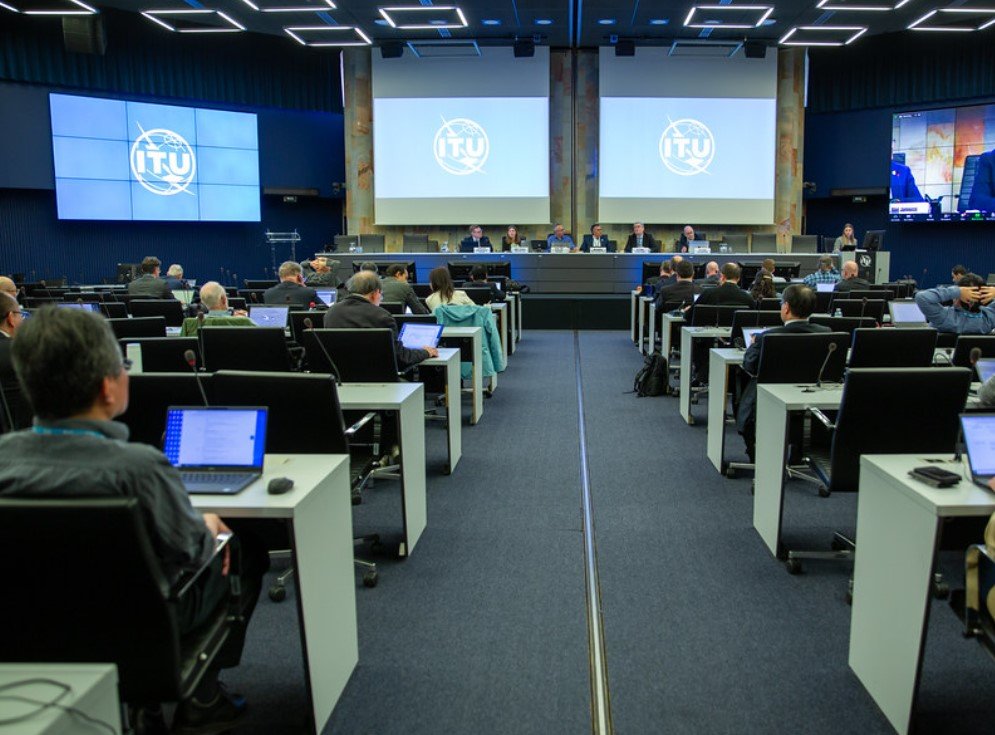The Ministry of Tourism, Arts and Culture in Ghana has taken a significant step towards revitalizing the tourism sector by validating its first-ever comprehensive sector-led tourism policy. This policy, developed after extensive consultations with stakeholders, aims to promote sustainable and inclusive growth within the tourism industry. The validation workshop, held in Ho from July 9 to 11, 2024, brought together various experts and stakeholders to finalize the policy. This initiative is expected to provide a strategic framework to enhance the tourism experience, preserve cultural heritage, and ensure environmental sustainability in Ghana.
The newly validated tourism policy is set to provide a philosophical and directional blueprint to guide all tourism activities in Ghana. This comprehensive framework is designed to support the integration and internalization of the Diaspora, leveraging their contributions to national development. The policy aligns with the National Tourism Development Plan (NTDP) 2013-27, which focuses on enhancing infrastructure, diversifying tourist attractions, and improving the visitor experience.

The policy’s validation marks a significant milestone in Ghana’s efforts to harness the potential of its tourism sector. By providing clear guidelines and strategic direction, the policy aims to create a conducive environment for tourism growth. This includes improving service delivery, enhancing infrastructure, and promoting Ghana as an attractive destination for both the Diaspora and international tourists.
The collaborative efforts between the Ministry and Deutsche Gesellschaft Fur Internationale Zusammenarbeit (GIZ Ghana) have been instrumental in the policy’s development. This partnership highlights the importance of international cooperation in achieving sustainable tourism growth and development.
Promoting Sustainable and Inclusive Growth
One of the key objectives of the new tourism policy is to promote sustainable and inclusive growth within the sector. This involves ensuring that tourism development benefits all stakeholders, including local communities, businesses, and the environment. The policy emphasizes the need for responsible tourism practices that minimize negative impacts and maximize positive contributions to the economy and society.
The policy also seeks to preserve Ghana’s rich cultural heritage by promoting cultural tourism and supporting initiatives that protect and celebrate the country’s traditions and history. This includes developing and promoting cultural festivals, heritage sites, and other attractions that showcase Ghana’s unique cultural identity.
Environmental sustainability is another critical aspect of the policy. The Ministry aims to implement measures that protect natural resources and promote eco-friendly tourism practices. This includes encouraging the use of sustainable technologies, reducing waste, and promoting conservation efforts.
Enhancing Diaspora Engagement
The relationship between the Tourism Policy and the Diaspora Engagement Policy (DEP) is pivotal for advancing development-oriented migration. The DEP, launched in December 2023, aims to foster a deeper connection and collaboration between Ghana and its global Diaspora. By aligning the strengths of these policies, the Ministry seeks to create a framework that supports effective Diaspora coordination, governance, and tourism activities.
The ‘Year of Return’ and ‘Beyond the Return’ initiatives have successfully drawn the Diaspora population to Ghana, highlighting the potential for tourism to drive socio-economic growth. The new tourism policy aims to build on these successes by providing a broad framework for effective Diaspora engagement. This includes creating opportunities for the Diaspora to contribute to national development through remittances, knowledge transfer, and tourism promotion.
The policy also aims to empower the Diaspora to participate actively in Ghana’s development drive. By leveraging their expertise and resources, the Ministry hopes to enhance the tourism sector’s contribution to the national economy and create a more inclusive and sustainable tourism industry.
















